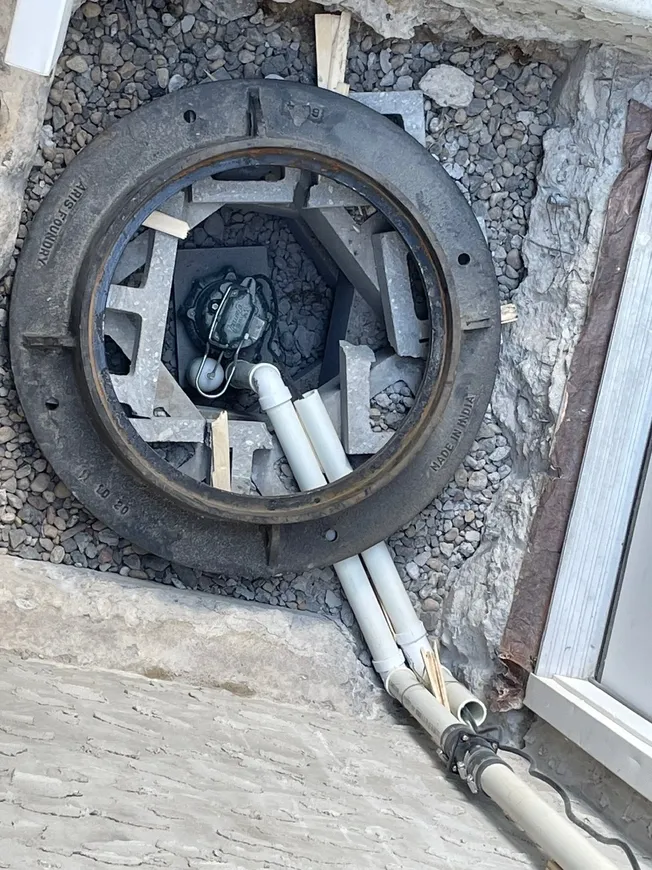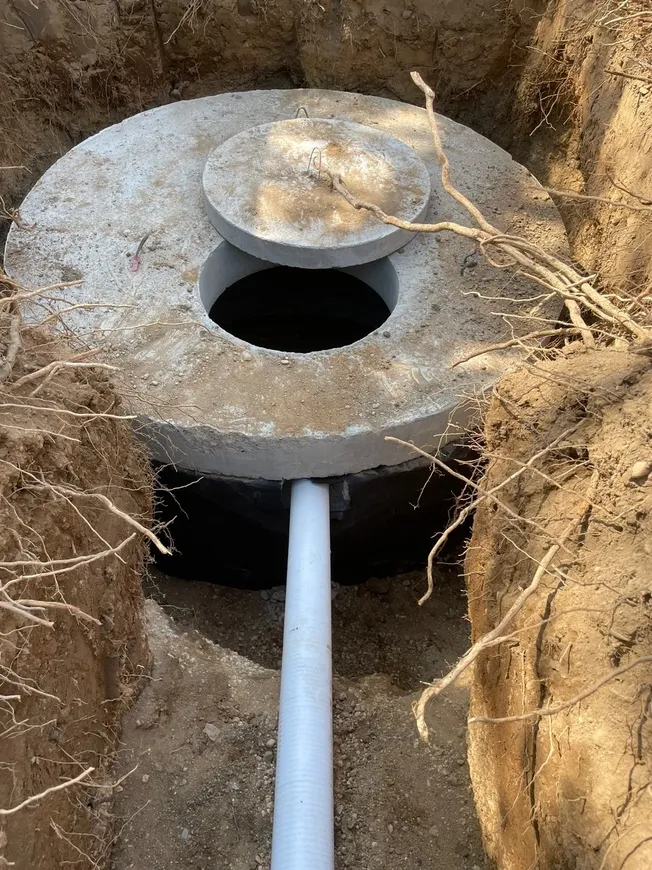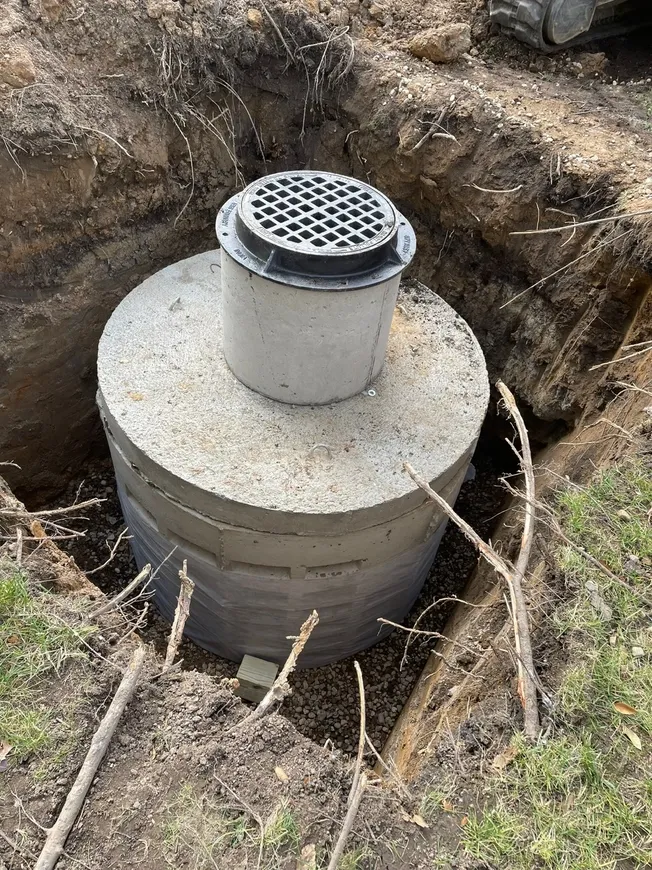Underground Drainage That Works
Dry Well Services
Serving in Suffolk County, Nassau County, and More!





Redirect Water Away from Your Home
Dry wells might seem small, but they play a huge role in preventing water buildup around your home. At Diamond Masonry & Waterproofing, we specialize in designing and installing dry wells that keep water moving away from your foundation, reducing the risk of flooding. Book your free estimate now!

Reliable Builders
We’ve installed these in all types of homes.
Efficient Solutions
Redirecting water to keep your foundation dry.
Respectful Service
Minimal disruption to your property.
Custom System
Every home is unique, so we give custom drainage.
Honest Pricing
We provide clear, upfront estimates, no surprises.
We Make Sure To Keep Your Foundation Dry
While these might seem small, and are out of sight, they actually play a huge role in drainage. They help with preventing excess water from damaging your home’s foundation. Without them, water can pool near your foundation, leading to moisture problems that can cause long-term damage.
At Diamond Masonry & Waterproofing, we install each dry well to fit seamlessly into your property, handling runoff water efficiently and ensuring long-lasting performance.
Here’s how we do it:
Take the first step toward a dry, secure home. Contact us now for expert waterproofing and masonry solutions tailored to your needs.

With over 500 successful projects and 150+ positive reviews, Diamond Masonry & Waterproofing is the trusted choice for homeowners looking for reliable, effective drainage systems. Let us design and install a system that protects your home from water damage.
A dry well is an underground structure used to collect and manage excess water, typically from downspouts or other drainage systems. Its purpose is to store and gradually release water into the surrounding soil, preventing water from pooling around your foundation and causing potential damage.
The depth of a dry well depends on the size of the area needing drainage and the soil composition. Typically, a dry well should be between 3 to 6 feet deep to allow for proper water infiltration. A professional will assess your property’s unique needs to determine the appropriate depth.
The water in a dry well is slowly filtered into the surrounding soil. The well is designed to capture excess water and allow it to dissipate underground, preventing surface water from collecting near your foundation or landscaping.
Yes, dry wells are worth the investment. They help protect your home from water damage by improving drainage around your foundation. By preventing water buildup and soil erosion, dry wells can extend the lifespan of your property, protect your landscaping, and reduce the risk of basement flooding.
The life expectancy of a dry well typically ranges from 10 to 30 years, depending on factors like the materials used, soil conditions, and how well the system is maintained. Regular inspections and cleaning will help extend the life of your dry well and ensure it functions properly over time.
Crushed stone or clean, angular gravel (typically 3/4 inch) is ideal for a dry well system. It provides excellent void space for water to disperse and supports proper drainage. Avoid using pea gravel or rounded stone, which can compact and reduce efficiency over time.
Dry wells should be inspected at least once a year, especially before the rainy season. Over time, debris, sediment, or root intrusion can clog the system. Periodic maintenance extends the lifespan and makes sure it continues to work properly.
While DIY installation is possible, it’s easy to misjudge sizing, location, or drainage flow. For proper excavation, backfill, and compliance with local codes in New York, hiring our professionals at Diamond Masonry and Waterproofing makes sure the system works efficiently and lasts.
A standard residential dry well installation usually takes one to three days, depending on soil conditions, accessibility, and the size of the system. For larger or more complex drainage plans, it might take longer.
The size depends on the roof area and average rainfall. For example, a 1,000-square-foot roof in New York may require a dry well with a storage volume of 50 to 100 gallons. An assessment from a qualified contractor helps determine the ideal size to avoid overflow and flooding.
